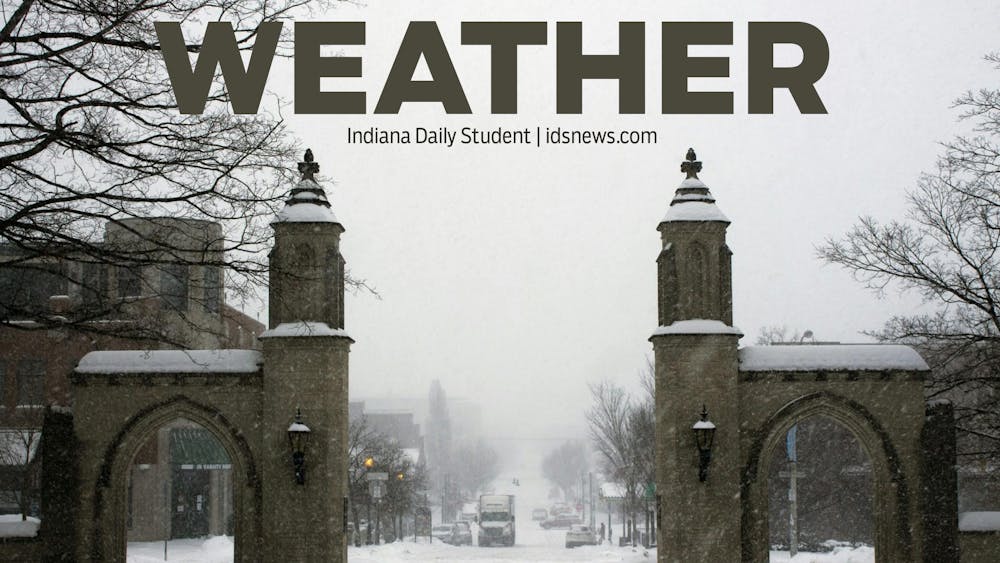New research by an IU professor found that middle-class elementary and middle school students are more likely to ask for help in the classroom than their working-class peers.
The study, titled “Coached for the Classroom: Parents’ Cultural Transmission and Children’s Reproduction of Educational Inequalities,” revealed that the differences in classroom behaviors between middle-class and working-class students can be traced back to their parents, according to a press release
The study was conducted by Jessica McCrory Calarco, assistant sociology professor, and will be published in the October issue of the American Sociological Review, according to the ?release.
Calarco said she began exploring the topic in ?graduate school.
“I was interested in understanding what happens when students of different backgrounds attend the same school,” she said.
Calarco said she started studying a group of elementary school students and discovered there were differences in the ways students of different socioeconomic backgrounds approached various classroom issues, such as problem-solving and asking for help.
“I wanted to know where the difference came from,” she said.
To find her answer, Calarco said she interviewed parents, students and teachers and came to the conclusion that middle-class and working-class parents are teaching their children differently how to interact in classrooms.
“Middle-class students who had educated parents were very comfortable advocating for themselves and asking for help, while lower-class kids were much less comfortable asking for help,” Calarco said.
Calarco said she thinks the differences in parenting approaches stems from middle-class parents being more involved in their kids’ education than working-class parents.
“Working-class parents rely on their own experience, drawing on a more outdated model of how schools are,” she said.
Calarco said middle-class students are taught to ask for support while working-class students are taught to manage problems on their own.
“These are very different messages kids are getting,” she said.
Calarco said there are benefits and drawbacks to both styles, but said in the short term the middle-class students were doing better in class.
“It’s unclear which will be more beneficial later on,” she added.
Calarco said she followed the group of students she studied from elementary to middle school and said she hopes to follow up with them in high school to see if the same patterns she noticed continue later in their education.
She said her research can help teachers recognize the differences between students and can potentially help them change classroom environments to reduce inequalities between students of different classes.
College students, she said, can also benefit from her research by understanding how their backgrounds are affecting their education and adjusting their classroom behaviors if needed.
“It’s helpful to understand where these differences are coming from,” Calarco said.





